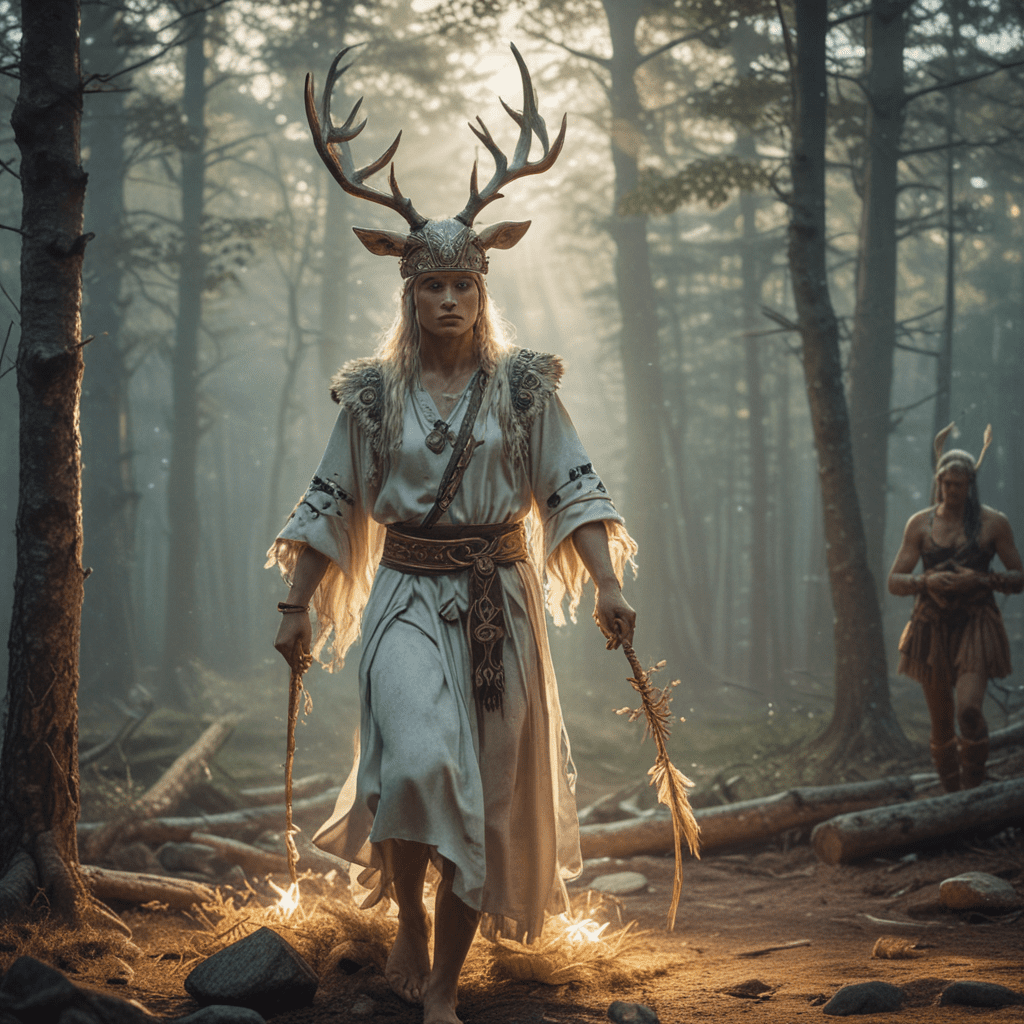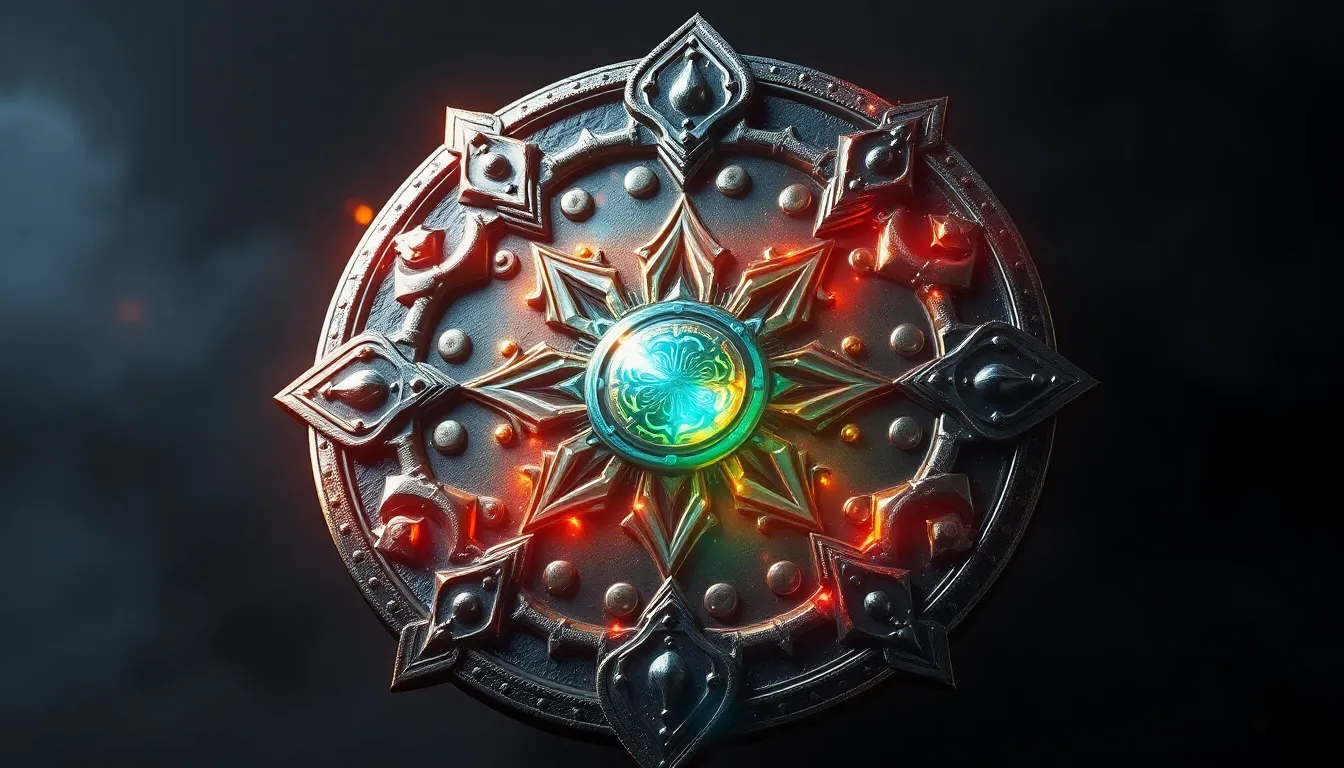Exploring the Concept of Ancestors in Celtic Mythology
The Significance of Ancestors in Celtic Beliefs
Ancestors hold a revered position in Celtic mythology, acting as a bridge between the mortal world and the divine. In Celtic belief systems, ancestors are often seen as guardians and guides, offering wisdom, protection, and blessings to their descendants. The relationship with ancestors is deeply woven into spiritual practices, ceremonies, and everyday life in Celtic cultures.
The Role of Ancestors in Celtic Rituals and Traditions
In Celtic mythology, honoring one’s ancestors is a core aspect of spiritual connection and continuity. Ceremonies such as Samhain, a festival marking the end of the harvest season and the beginning of winter, involve rituals to remember and pay homage to deceased ancestors. Offerings are made, fires are lit, and stories of ancestors are shared to keep their memory alive and seek their guidance in times of need.
Connecting with Ancestors in Modern Celtic Practices
Today, many modern practitioners of Celtic traditions still maintain a strong connection with their ancestors. Practices like setting up ancestral altars, conducting genealogical research, and participating in ceremonies that honor ancestral spirits are ways in which individuals seek to engage with their heritage and roots. The idea of ancestral veneration continues to be a prominent and living tradition in Celtic spiritual beliefs.
Respecting the Legacy of Ancestors in Celtic Mythology
The concept of ancestors in Celtic mythology goes beyond mere lineage; it is about recognizing the legacy passed down through generations. By acknowledging the wisdom, strength, and heritage of those who came before, individuals in Celtic cultures strive to carry on the values and traditions upheld by their ancestors. This reverence for the past plays a crucial role in shaping identities and fostering a sense of continuity within Celtic communities.
FAQ about Exploring the Concept of Ancestors in Celtic Mythology
What role did ancestors play in Celtic mythology?
Ancestors held a significant place in Celtic mythology, with a belief that they continued to influence the living. Ancestors were revered for their wisdom, guidance, and connection to the spirit world.
How were ancestors honored in Celtic culture?
Celtic people honored their ancestors through rituals, offerings, and ceremonies. They believed in maintaining a relationship with the spirits of their ancestors to seek their blessings and protection.
Did Celtic mythology have specific deities associated with ancestors?
Yes, Celtic mythology featured deities such as Danu and the Morrigan, who were associated with ancestry, lineage, and the wisdom of the past. These deities symbolized the connection between the living and the ancestral spirits.
What significance did ancestors hold in Celtic rituals and ceremonies?
Ancestors were central to Celtic rituals and ceremonies, where offerings were made to honor them and seek their guidance. These practices aimed to maintain harmony between the physical and spiritual realms.
How does the concept of ancestors in Celtic mythology differ from other belief systems?
In Celtic mythology, ancestors were viewed as active guardians and sources of wisdom, unlike some belief systems where they might be seen as distant or less involved in the lives of the living. The Celts


